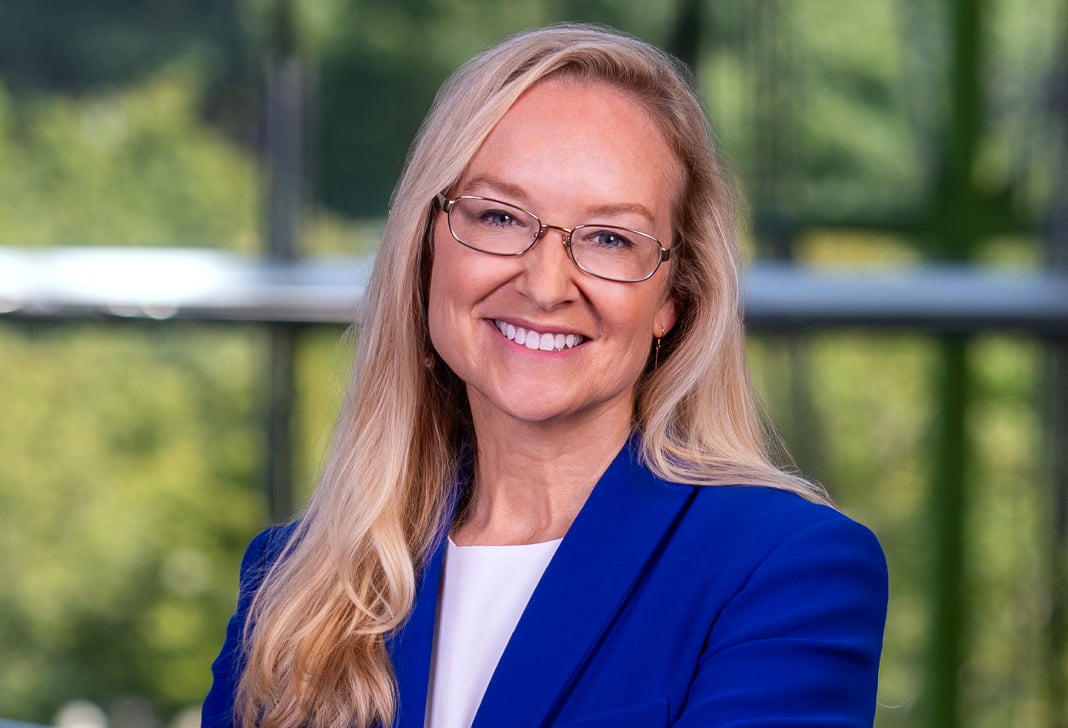
California Unclaimed Property Amnesty on the Horizon
In Short
The Situation: The unclaimed property community has been waiting with bated breath for a viable option for past-due property in California. On February 17, 2022, a California amnesty program emerged with the introduction of Assembly Bill ("AB") 2280.
The Result: As introduced, AB 2280 would allow companies to report past-due property without mandatory interest.
Looking Ahead: While AB 2280 offers strong benefits for some, the time is now to shape this opportunity into a better program.
Interest
On February 17, 2022, Assembly Bill 2280 was introduced in the California Assembly. AB 2280 offers a long-awaited solution for companies owing past-due property to the State of California. Currently, mandatory interest accrues on unreported property at 12% per annum from the date any person fails to timely report, pay, or deliver unclaimed property. Interest is waived only if the holder can prove the failure is due to reasonable cause. If a holder has timely filed a report, but it was not in substantial compliance, the interest is capped at $10,000. AB 2280 creates an interest dispensation for eligible holders who participate in and complete all the requirements of the California Voluntary Compliance Program ("CVCP").
Eligibility in the California Voluntary Compliance Program
Holders are not eligible if they fall within any of the following categories:
- Currently under audit or received an audit notice.
- Subject of a civil or criminal prosecution involving unclaimed property compliance.
- Received an interest notice within the last five years and have not paid at the time of enrollment, or successfully argued for an interest waiver in the five years preceding their application for the CVCP.
Program Parameters
Eligible participating holders must complete five requirements:
- Complete an educational training program provided by the Controller within three months after program acceptance.
- Conduct a 10-year lookback review of their books and records, starting from either June 30 or the most recent fiscal year-end.
- Send due diligence notifications not less than 30 days prior to submitting report.
- File their CVCP report within six months after notification of program acceptance.
- Submit both the final report and payment no sooner than seven months, and no later than seven months and 15 days, from the filing of their CVCP report.
Failure to pay or deliver all escheated property in those seven months affords the Controller the option to reinstate interest assessments.
Concerns and Ways to Better This Program
Is the CVCP better than current options? Absolutely, but it lacks an essential component of successful amnesties—finality. Completion of the CVCP offers no audit protection for the reported periods. While the proposal would still provide a great option for a quick clean-up of unreported liability, the lack of finality brings the question of the return on investment to participate.
The risk of exposure for periods reported under a CVCP is real, considering other recent legislation. AB 466 became law effective January 1, 2022, requiring companies filing a California franchise tax return to disclose previous unclaimed property report filings, when the last report was filed, and how much was remitted. The law also authorizes the California Franchise Tax Board to share that information with the Controller.
Does the increased detection risk justify the costs of a CVCP? For timely filers, interest assessed on noncompliant reports is capped at $10,000. A 10-year lookback results in 10 years of reports—resulting in a $100,000 benefit from CVCP participation. Holders that have undergone a comprehensive self-review understand that the costs and other resources required likely exceed $100,000. However, for a non-filer, the abatement of all interest on the CVCP reported amount could more than justify the expense, particularly if the self-review will also be part of voluntary disclosures to other states as well as California.
AB 2280, in its current form, is a welcome tool for holders who timely report and have known instances of underreporting to clean-up, and it is a great incentive for a nonreporting holder contemplating a comprehensive self-review and voluntary disclosure to multiple states to include California in that process. However, AB 2280 does not offer enough absolution, nor enough time for a diligent self-review, to truly incentivize a holder of significant reporting deficiencies.
Improvements?
The proposed CVCP has potential to be great, whether it is expanded or limited. On one hand, the lookback could be shortened. A shorter review period, with interest waived but auditable, could incentivize holders that have strong compliance but acquire a noncompliant entity, or a rogue property type. In the limited seven month and 15 days afforded, such holders could jump on that program knowing they could complete the requirements. On the other hand, the reward of audit absolution with a longer self-review period would make it worthwhile to secure the resources necessary to conduct that level of review. Holders would know that while the process would be difficult, no audit letter would be coming after completion.
This legislation was just introduced, so we will be following with our breath still bated.
Three Key Takeaways
- The current draft of the CVCP will benefit holders that have never filed California unclaimed property compliance reports.
- It may benefit current filers, but holders will have to evaluate the costs compared to their individual benefit.
- The CVCP does not protect the holder from future audits for the years reported.






